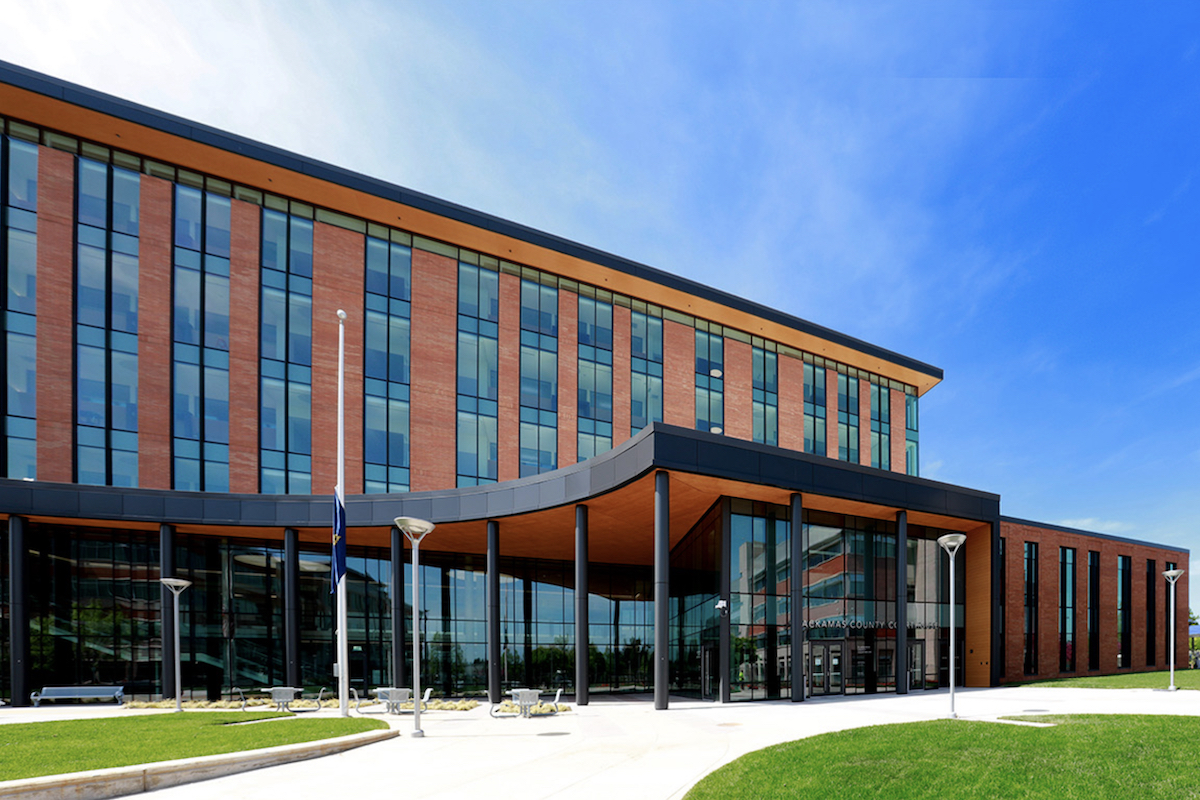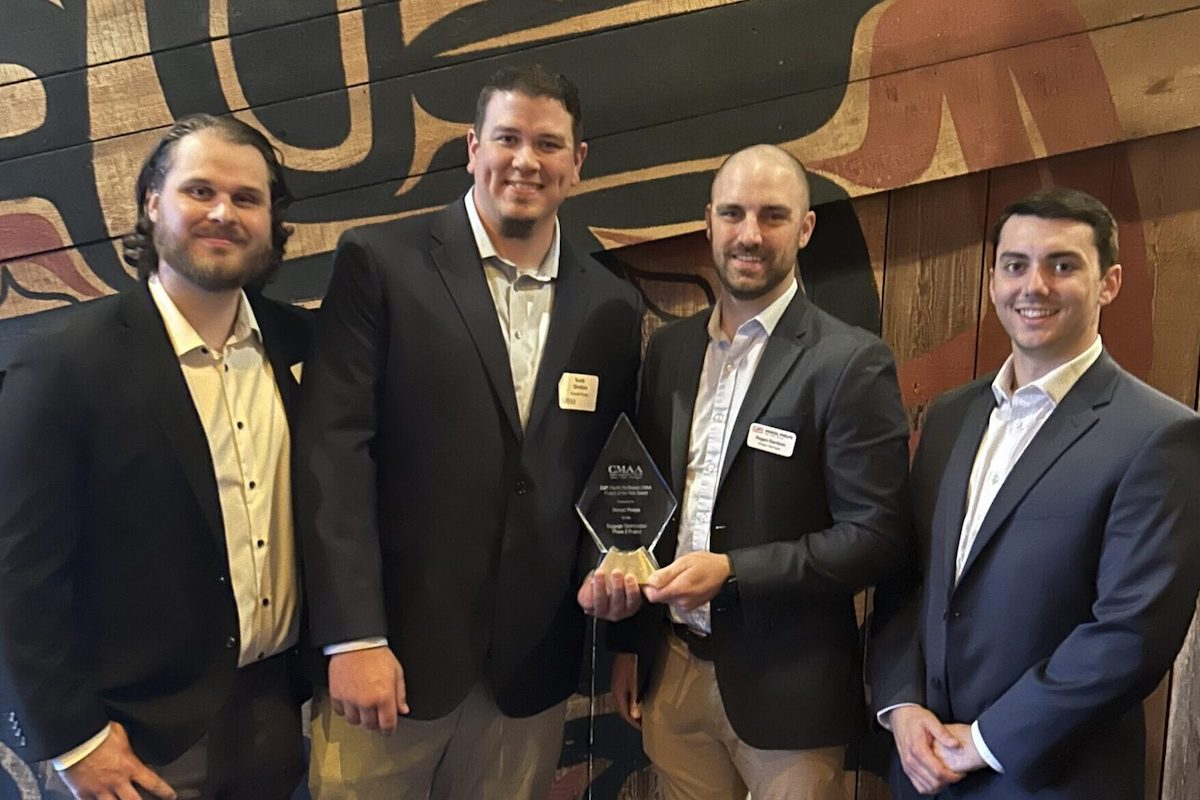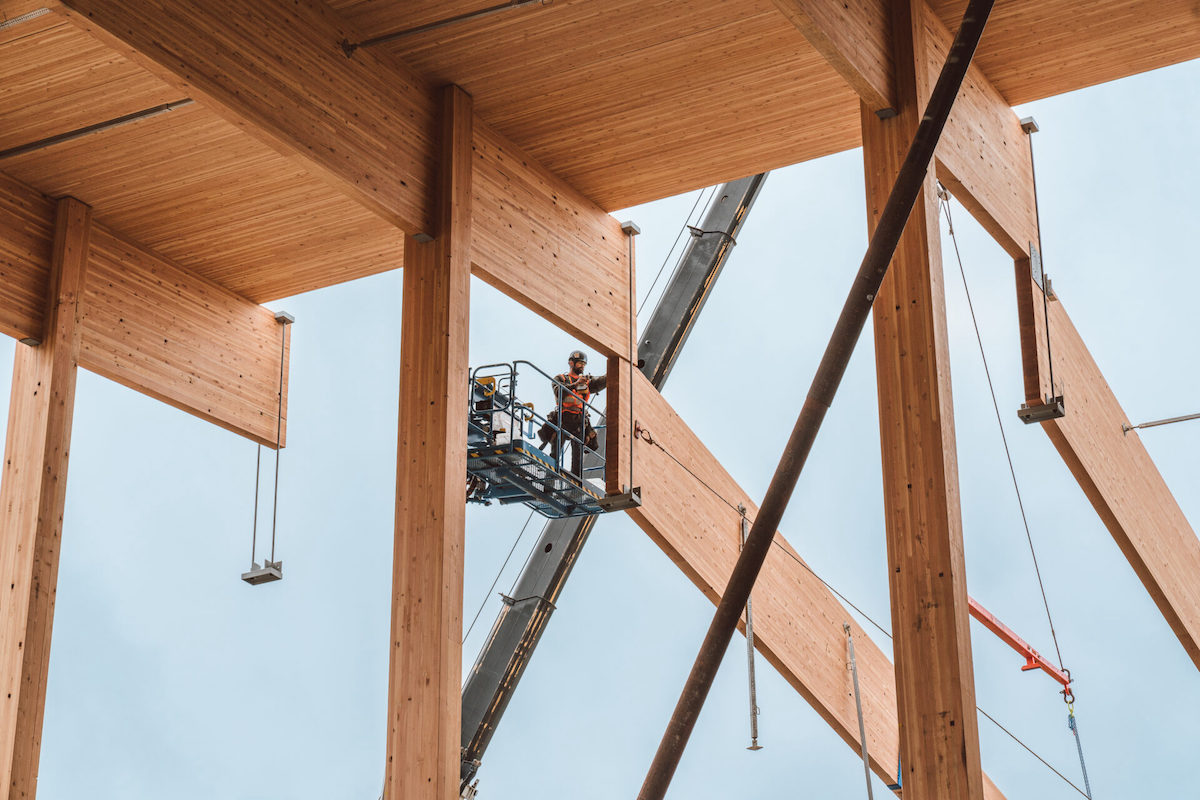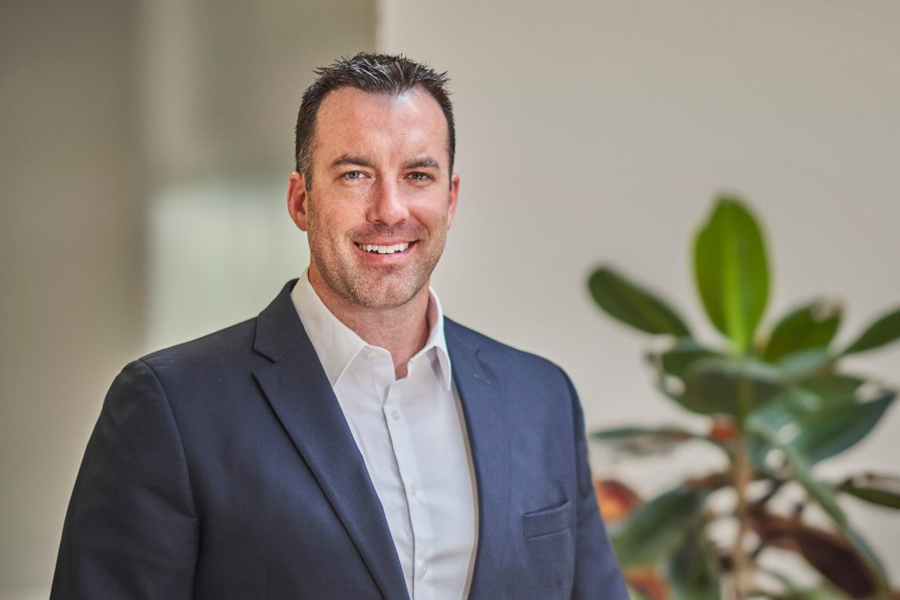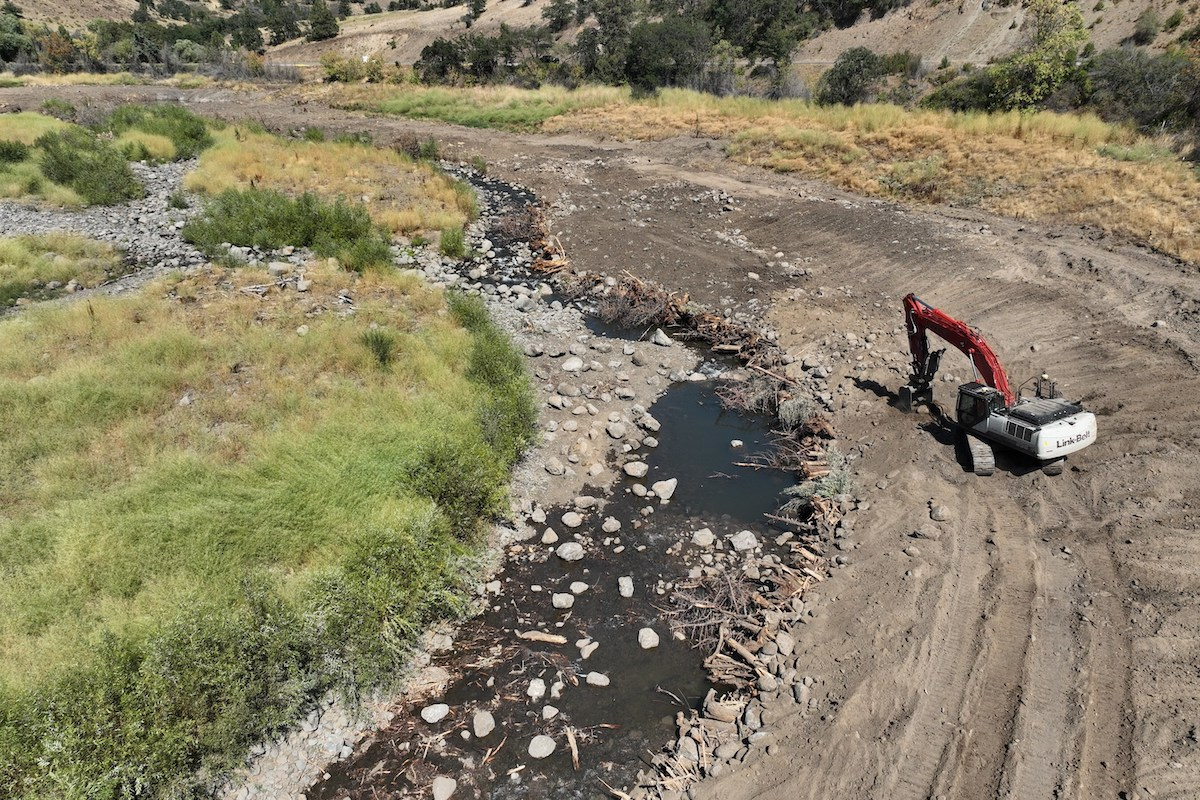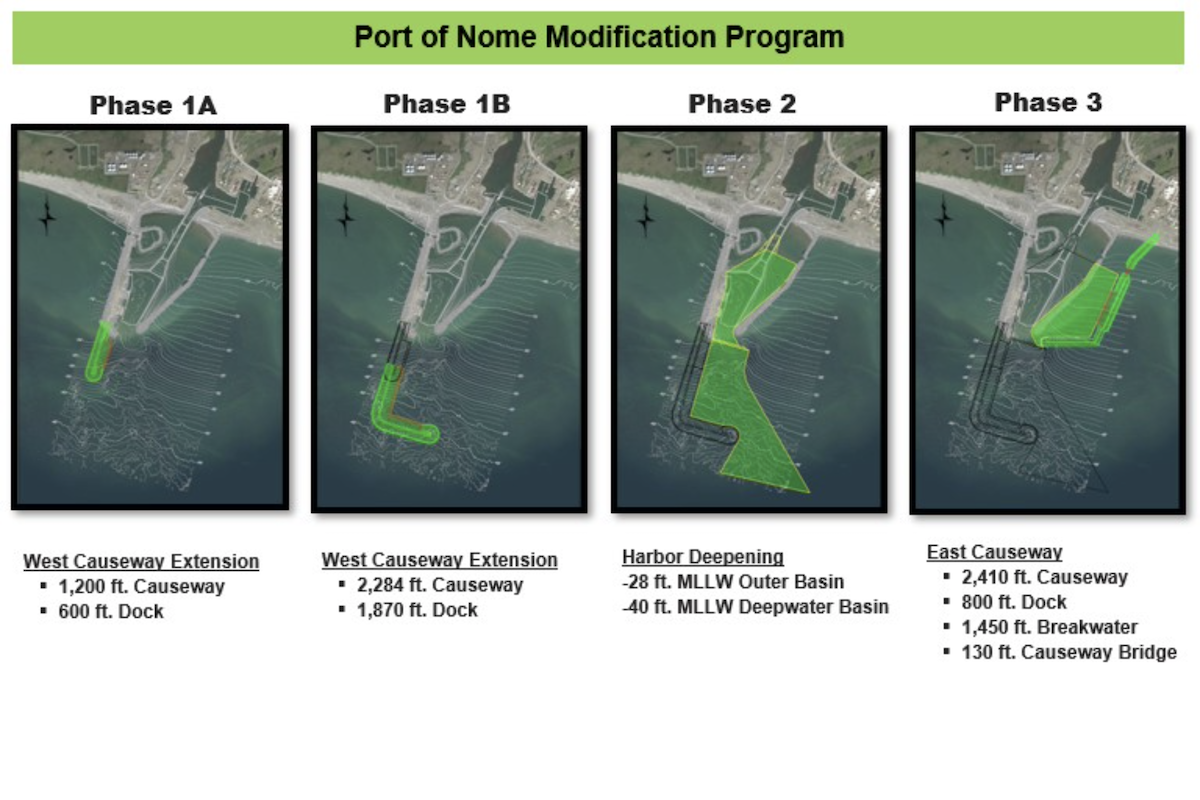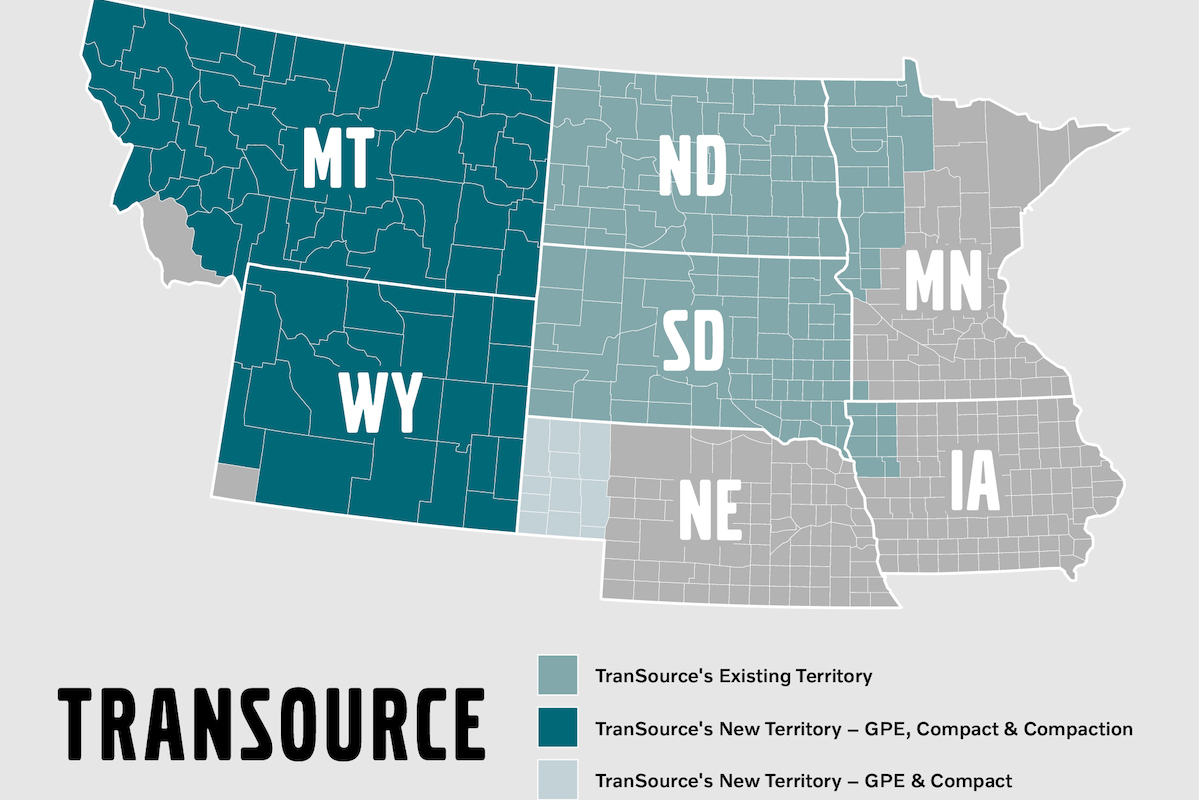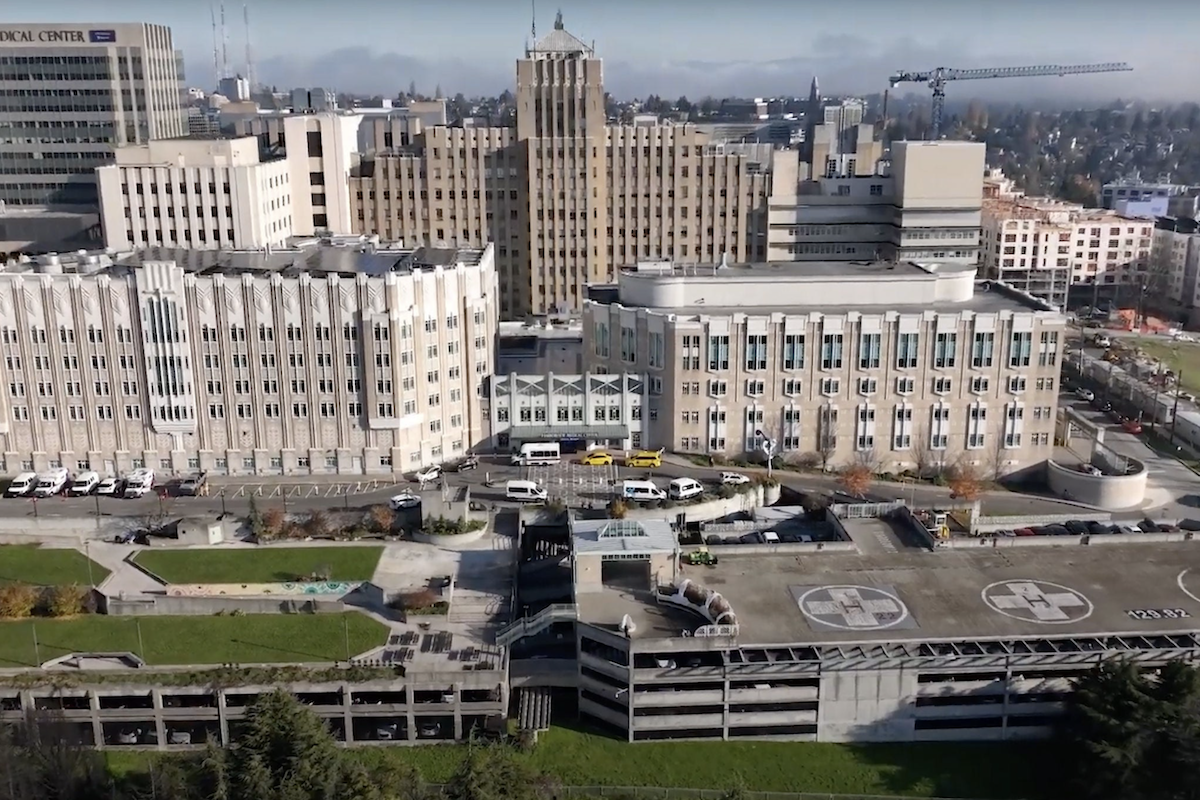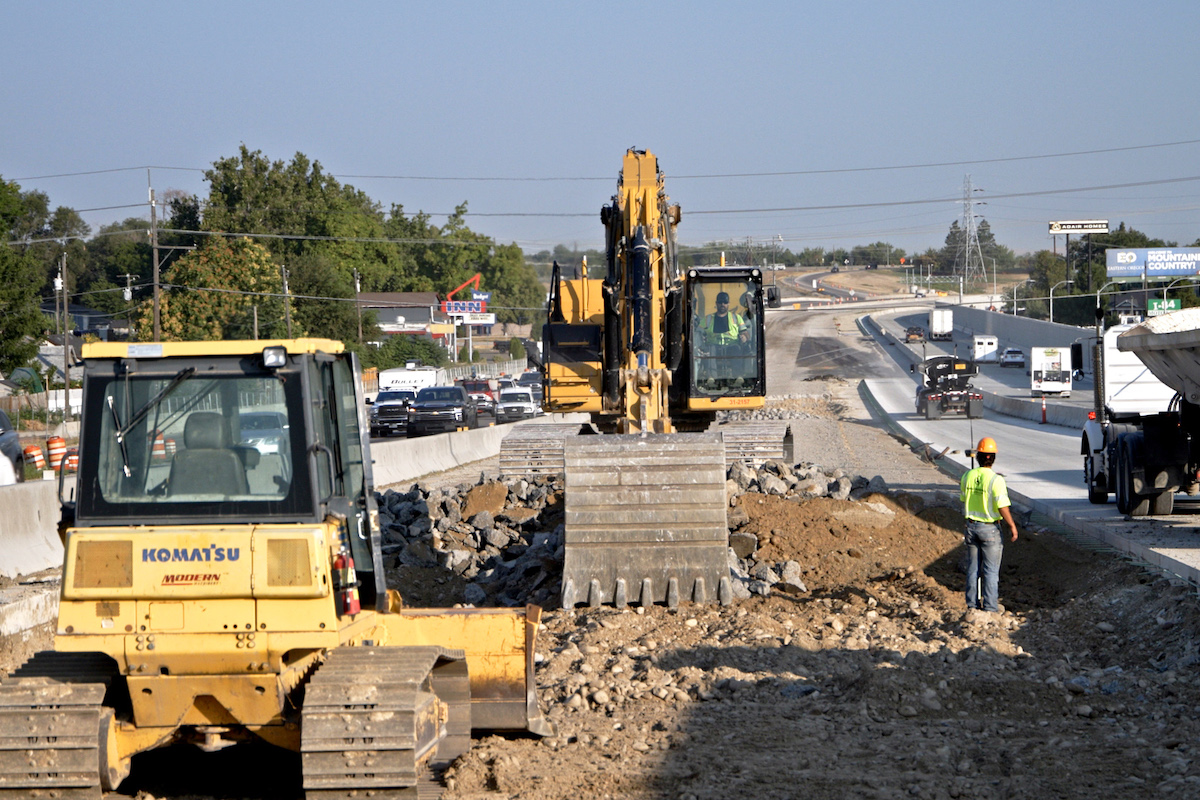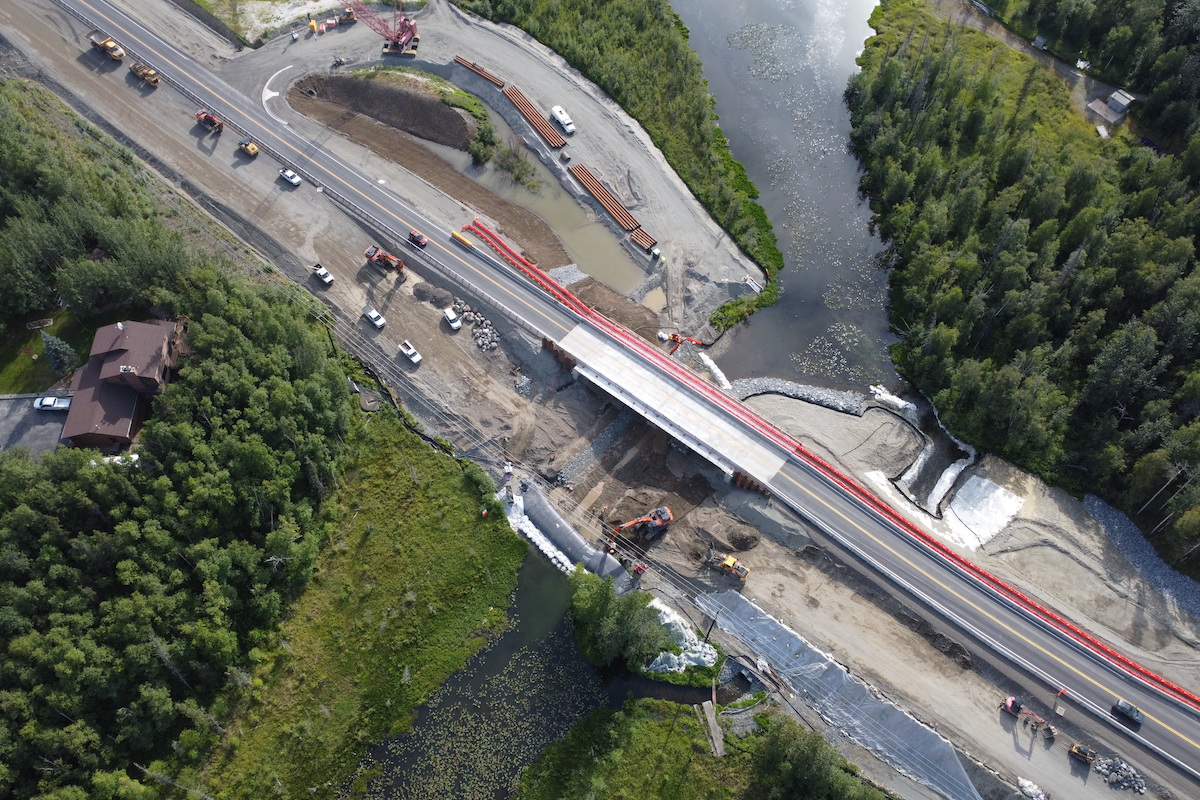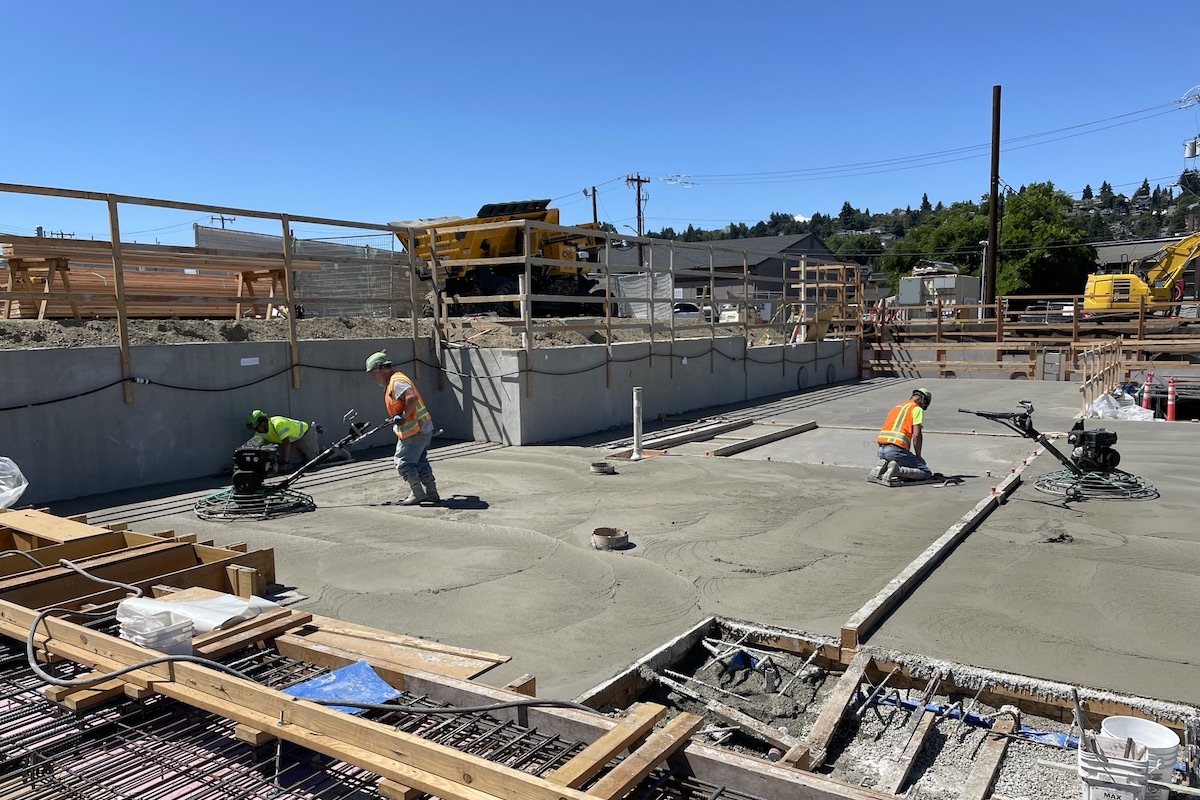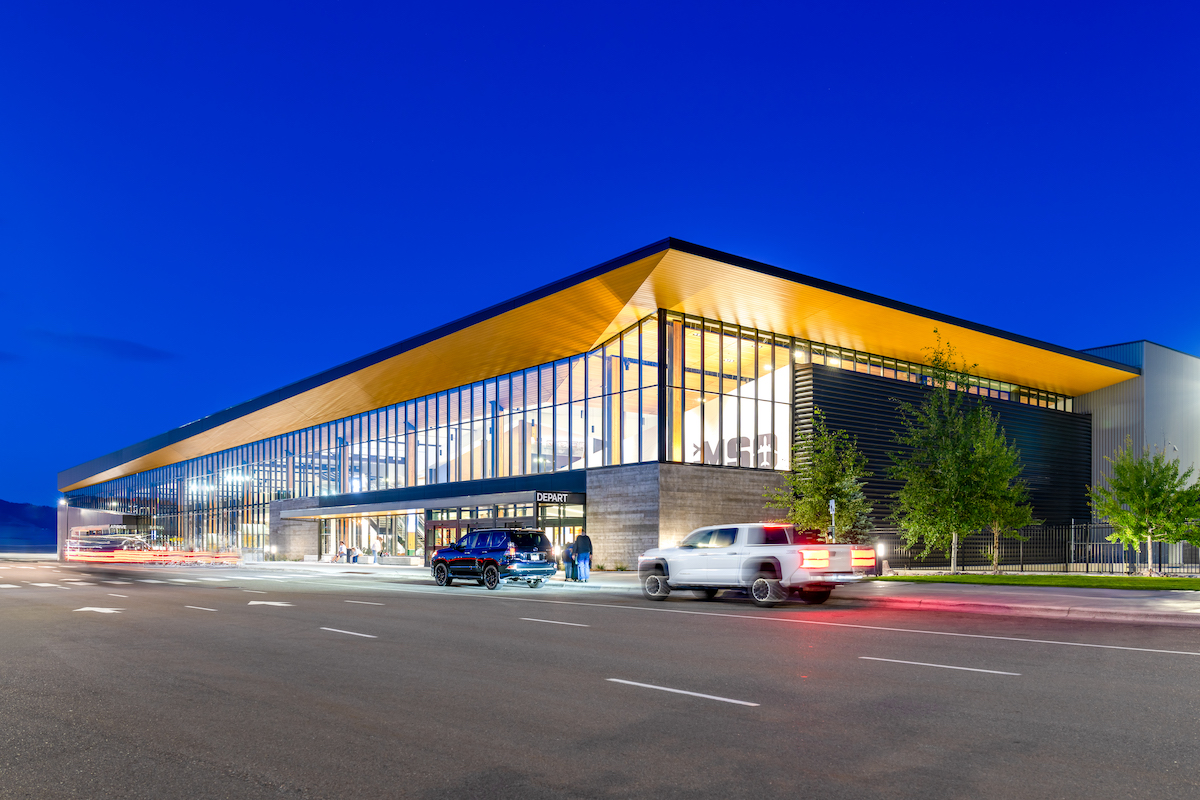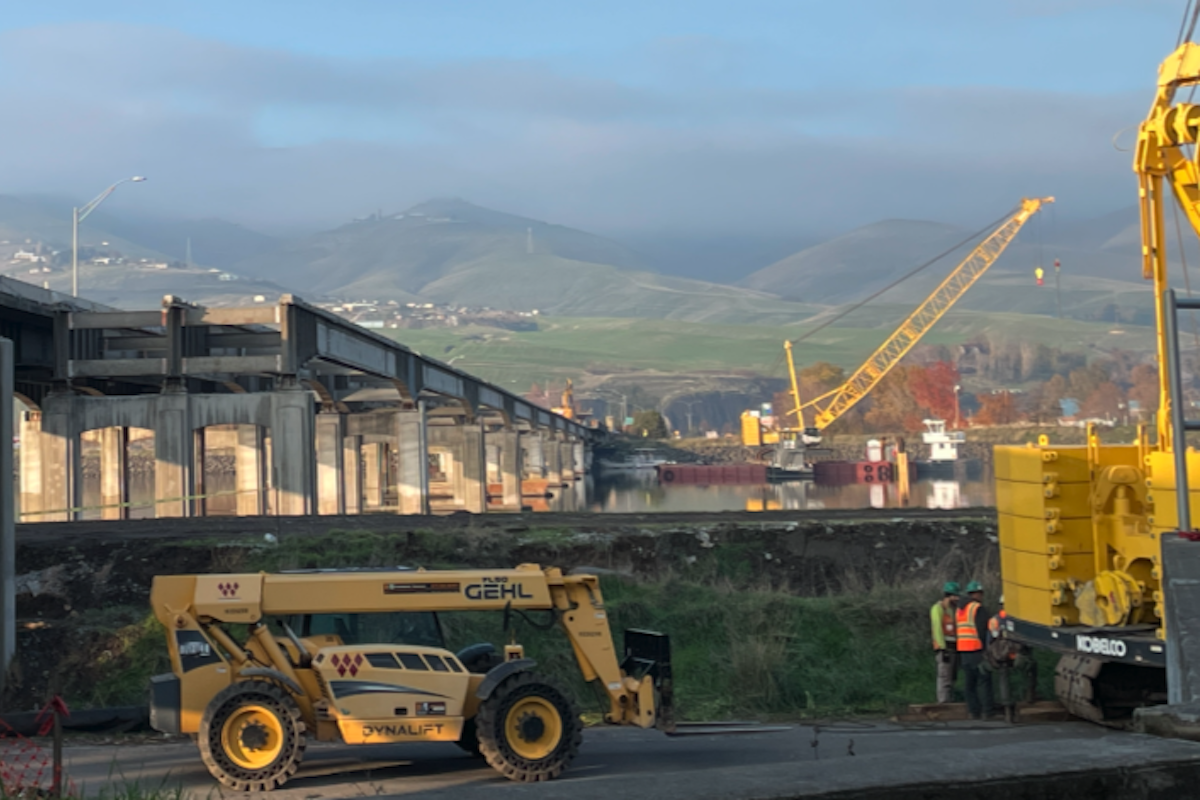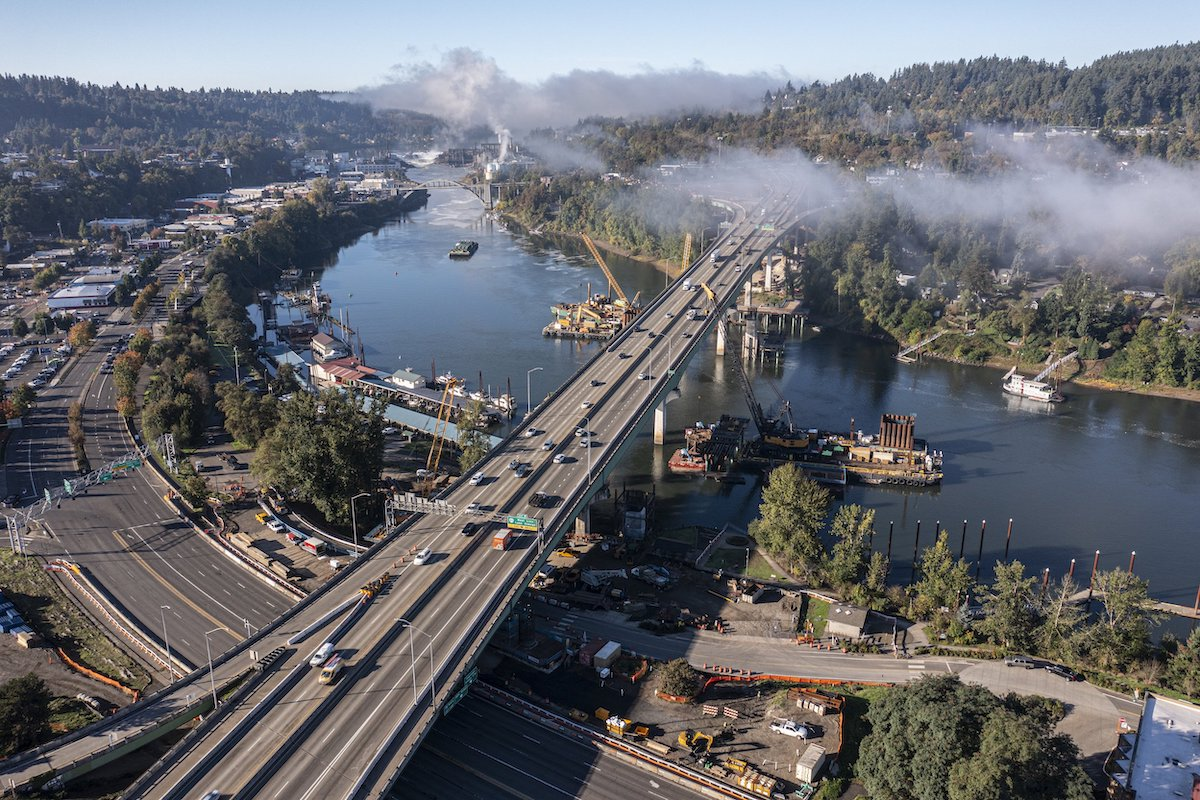“There’s a growing demand with an increased population in San Benito County, one of the fastest growing counties in California,” said Pedro Avila, President of Gavilan College in Gilroy, California.
“It makes sense to build where we know there is growth and provide access to students in this area,” Avila said.
Gavilan College started operations as San Benito County Junior College in 1919 in Hollister, the capital of San Benito County. It began as an extension of the local high school.
“For the residents of San Benito County, it feels like the college is back where we originally started,” Avila said. “There is a lot of excitement.”

| Your local Gomaco dealer |
|---|
| American Construction Supply |
In 1963, due to new state rules about population density for community colleges, Gavilan expanded into southern Santa Clara County. Then in 1966, the college constructed a new campus and moved to Gilroy, a more central location.
Gavilan College purchased the 80-acre property on Fairview Road for the new Hollister campus 17 years ago, with a goal of opening a college on the site, after successful passage of a $108 million school bond measure. About 2,000 students from Hollister attend the college’s Gilroy campus.
“The new campus is going to allow them to take all of their general education classes in Hollister, without having to commute to Gilroy,” Avila said. “This is a way to improve access to higher education for that community and opportunities for upward mobility.”
The campus sits in a rural area. This first building features a tan coloring with a “hill-style,” multi-angle, metal roof, which blends in with the surrounding natural elevations.
Gavilan decided on a design-build delivery method, so that contractor Blach Construction of San Jose, California, could closely collaborate with the architects, Quattrocchi Kwok Architects of Santa Rosa, California, and Gensler of San Francisco, California. Blach, founded in 1970, employs about 200 people and counts among its diverse portfolio more than 750 education projects across more than 55 education clients.
“Design-build allows for innovation and speed, with the architect and construction company working together from the beginning,” Avila said. “This has been a successful project using that approach.”
The team designed the project using building information modeling (BIM). The project broke ground in August 2023.
Part way through the project, Gavilan asked for a different audio-visual system, so people can participate in classes remotely, as well as a more robust, cloud-based security system. The team accommodated those changes with no setbacks to schedule and no additional funding.
“We have been able to respond to their new needs as we are building,” Blach Project Executive Brad Fannin said.
Adjacent property owner Dividend Homes of Morgan Hill, California, contributed more than $1 million to building a sewer system for the campus and the company’s future homes. On the state level, California Assembly Speaker Robert Rivas assisted in getting needed permits on a timely basis.
The former cattle grazing land was graded and prepared for the construction. The land required no clean up, since it had never been farmed and pesticides were never used on it.
The structural steel building sits on a concrete spread footing, grade beams, and a structural slab. Stucco and glass clad most of the exterior, with a metal panel matching the roof on one wall, facing the community space.
The project team used CoreBrace buckling restrained braces prefabricated in Utah as part of the steel structure. The bracing provides seismic protection.
During construction, Blach put up exclusion fencing to protect the California tiger salamander, the San Joaquin kit fox, and a burrowing owl. None of these animals have been seen at the job site. However, Blach ensures a biologist remains on site whenever crews are conducting ground activities.
The all-electric building, designed to blend into the rural setting, strives for net-zero energy-ready status. Gavilan plans to install a ground-mount solar array and energy storage at a future date when funding is available. The system can offset the building’s energy usage, Fannin explained.
Sustainable features include daylighting, enhanced by an oculus — which architecturally refers to the building’s triangular-shaped skylight in the lobby with the Gavilan logo etched in the glass and windows — as well as louvers for air to pass through the building and decrease demand on the mechanical system when the weather is nice.
Not only does natural daylight and ventilation help the environment, such features also have been proven to improve the health and well-being of students and to promote learning.
Throughout the project, the college, contractor, and architects have worked closely together. “It felt like a united team,” Avila said.
The project topped off in January 2024. It remains on budget and on schedule, which Avila said demonstrates the college’s responsibility with tax dollars. Blach credits the long time the company had to plan and sequence construction activities while accounting for crucial input from field staff about the best ways to proceed.
“We have a really good team out there,” Fannin said. “Everyone that is running the job was involved in the design-build process. There is no replacement for the amount of time to plan properly and getting input from our field folks and incorporating that in the design. It helps speed things up when you have collaboration between the individuals who do the work every day and the engineers putting it on paper or BIM. … Everyone wanted this campus to happen. That collaboration is the rocket fuel the job has. It’s been a very successful project getting to this point.”
Fannin said that the project was 70 percent complete, as of the writing of this article. Students will start attending classes at the campus in 2025.
“I am proud we were able to keep our word and deliver the project to the San Benito County community, which has been waiting for this campus for many years,” Avila said.
Photos courtesy of Blach Construction






















